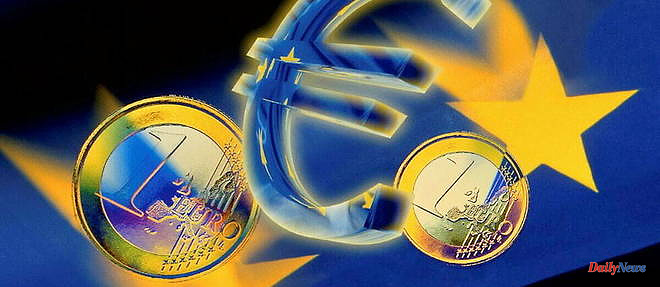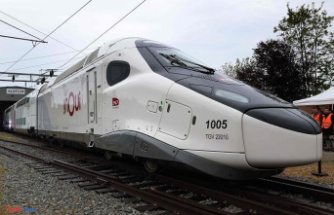As a preamble to any analysis of the possible benefits, or potential harms, that could arise from the presumably imminent releases of several central bank digital currencies (CNBCs), the following postulate should be stated: digitization partialization of "fiat" money - denomination of traditional money - took place a long time ago, concomitantly with the computerization of the banking system.
The economy and its movements are already digitized. From this side, the MNBC will not bring anything new. On the other hand, it is likely that once in circulation, the latter will lead to an unprecedented division of the Western financial system. This fragmentation of the benchmark financial measurement unit would have the potential benefit of reducing the overall monetary volume – which has quadrupled between the 1980s and the present day. Furthermore, the plausible counterpart would translate into long-lasting instability as well as unprecedented volatility of the main classic currencies.
This is not a local innovation. The main central banks of this world show, since the beginning of the 2020s, a determined idea growing over the months, prelude to the putting into circulation of an MNBC. The United States Federal Reserve (Fed), which is the most powerful central bank - if not the only real central bank in the financial system resulting from the Bretton Woods agreements - has recently provoked a bitter reaction from many American conservative representatives, in announcing preparation for the commissioning of a digital dollar.
Christine Lagarde, President of the European Central Bank (ECB), declared this spring 2023 that the major central banks were contributing to the respective and advanced development of digital currencies. The Frankfurt institution has also commissioned several companies, including Amazon, to structure a digital euro. On its official website, the ECB provides answers to frequently asked questions about the digital euro.
On May 3, during an interview filmed for TV5Monde, Jacques de Larosière - who successively held the positions of Director of the Treasury, Managing Director of the International Monetary Fund (IMF), Governor of the Banque de France, President of the European Bank for Reconstruction and Development (Berd) – reacted spontaneously when I directed him to the subject of the digital euro: "They are doing this because they are afraid of competition from cryptocurrencies. And the fear of competition is never a good adviser. We must think about the reasons why there is a transfer of citizens' interest towards cryptocurrencies. »
On its website, the ECB states that "the digital euro would be central bank money", and that, de facto, unlike crypto-assets, it "would be guaranteed by a central bank". However, it seems quite obvious that a considerable number of people who invest in cryptocurrencies, bring together citizens whose approach consists mainly in diversifying financial investments, in particular by moving away from traditional circuits. It is therefore very unlikely that central banks will succeed in seducing this public, simply by encouraging them to place money in MNBC rather than in cryptocurrency.
To date, the contribution of the introduction into the financial system of the digital euro, like other MNBCs, remains indefinable. Unless the main purpose of the MNBC is to become, over the years, a currency that States would use in their financial exchanges with fellow citizens. In this case, it is plausible to envisage that the States decide to denominate certain payments, such as those corresponding, for example, to social benefits or exceptional checks, in digital euros, in order to promote the start of this one.
The fact remains that the placing on the market of MNBCs must be carried out with the greatest caution, so as not to lead to a sclerosis of the world economy. As the ECB subtly – and rightly – clarifies: Crypto-assets are not currencies. As a result, by being introduced and guaranteed by central banks, MNBCs will represent the first real cryptocurrencies. This is how the MNBC could divide the financial system.
*Tom Benoît is an essayist, editorial director of "Géostratégie magazine".












